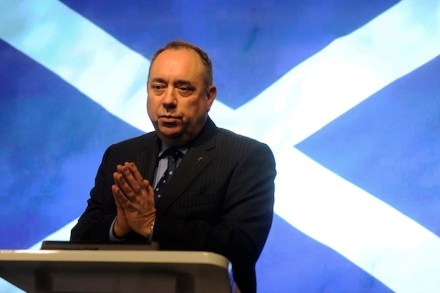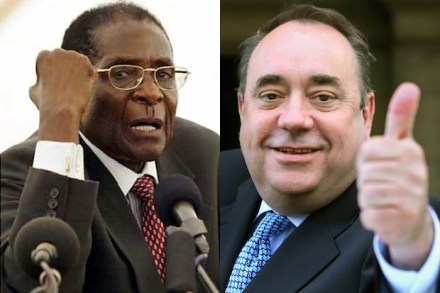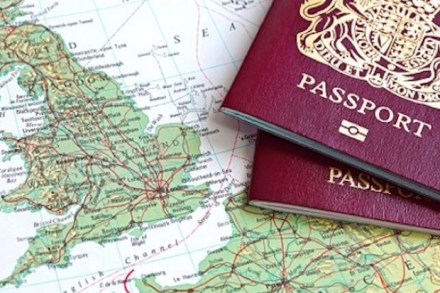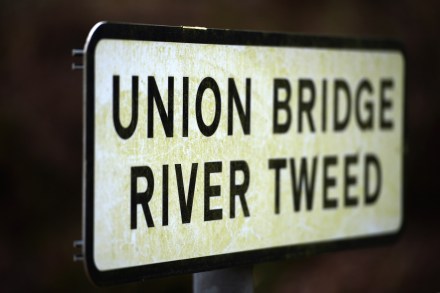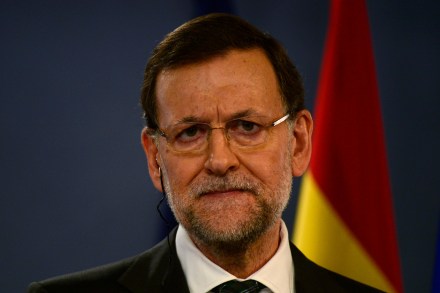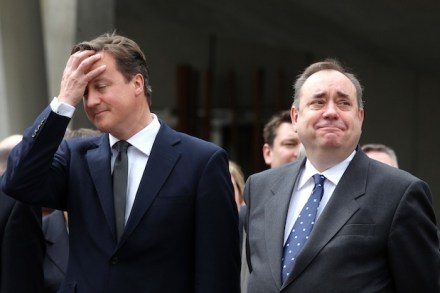Alex Salmond is within striking distance of victory. Why hasn’t England noticed?
Edinburgh [audioplayer src=’http://traffic.libsyn.com/spectator/TheViewFrom22_6_February_2014_v4.mp3′ title=’Alex Massie and Matthew Parris discuss why the Union is in peril’ startat=55] Listen [/audioplayer]A century ago, with Britain in peril, Lord Kitchener’s stern countenance demanded that every stout-hearted Briton do their bit for King and Country. ‘Your country needs you’ rallied hundreds of thousands to khaki and the Kaiser’s War. Today, with Britain in peril again, you could be forgiven for asking where Kitchener’s successor is. A new recruiting poster might cry: ‘Britons: Wake up! Pay attention! Your country really is at risk!’ The threat, of course, is domestic rather than foreign (for now, at least). It is beginning to be appreciated, even in London, that




